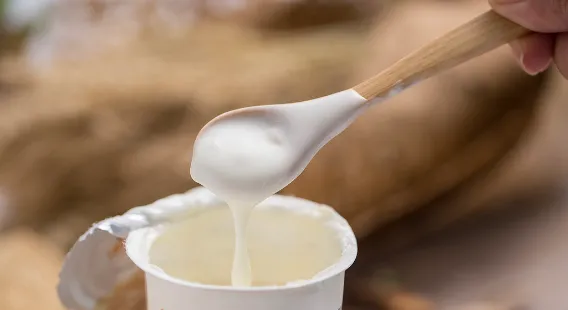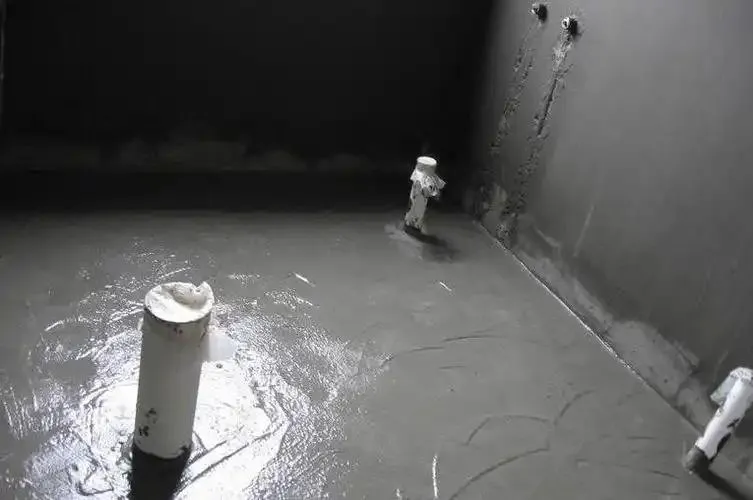Hebei Tangzhi Technology Co., Ltd.

Polyviny Alcohol (PVA)
فوریه . 18, 2025 12:43
Back to list
Polyviny Alcohol (PVA)
Polyvinyl alcohol (PVA) has emerged as a significant player in the modification of mortar, enhancing various properties to meet diverse construction needs. With its increasing application in construction, understanding PVA's role in mortar can empower professionals to maximize its benefits.
The water-retentive properties of PVA are another significant advantage. This characteristic helps in maintaining hydration levels within the mortar, crucial for proper curing. Adequate curing is vital to achieving the desired strength and durability. By retaining moisture, PVA ensures that the hydration process is not prematurely interrupted, leading to a more resilient and solid end product. Builders who prioritize durability often opt for PVA-enhanced mortars to safeguard the long-term integrity of their constructions. Additionally, PVA’s compatibility with other additives and materials further amplifies its utility. It seamlessly integrates with other components such as fibers and plasticizers, providing a versatile solution for various architectural demands. This compatibility allows for innovative formulations that can be tailored to specific construction challenges, ensuring both efficiency and effectiveness. One cannot overlook PVA’s contribution to the durability of mortar against chemical attack. In environments prone to exposure to aggressive agents, such as industrial settings or maritime constructions, PVA-modified mortars offer improved resistance to chemicals and environmental degradation. This resistance is key to prolonging the operational lifespan of structures, providing an added layer of protection against corrosive forces. In terms of sustainability, PVA stands out as an eco-friendly option. Its water solubility and non-toxic nature align with modern construction's shift towards more sustainable building practices. Utilizing PVA in mortar not only enhances the performance but also aligns construction projects with environmental goals. This alignment is increasingly important in today’s construction industry, where sustainability is not just a preference but a requirement. To summarize, using PVA in mortar formulations is a strategic choice that addresses various challenges in construction. Its ability to enhance bond strength, flexibility, workability, curing, and resistance to chemical attack speaks to its versatility and efficacy. For construction professionals aiming for high-performance outcomes, PVA not only provides a robust solution but also paves the way for more innovative and sustainable building practices. Embracing PVA in mortar can be seen as an investment into the future of construction, ensuring projects that stand the test of time, environment, and wear.


The water-retentive properties of PVA are another significant advantage. This characteristic helps in maintaining hydration levels within the mortar, crucial for proper curing. Adequate curing is vital to achieving the desired strength and durability. By retaining moisture, PVA ensures that the hydration process is not prematurely interrupted, leading to a more resilient and solid end product. Builders who prioritize durability often opt for PVA-enhanced mortars to safeguard the long-term integrity of their constructions. Additionally, PVA’s compatibility with other additives and materials further amplifies its utility. It seamlessly integrates with other components such as fibers and plasticizers, providing a versatile solution for various architectural demands. This compatibility allows for innovative formulations that can be tailored to specific construction challenges, ensuring both efficiency and effectiveness. One cannot overlook PVA’s contribution to the durability of mortar against chemical attack. In environments prone to exposure to aggressive agents, such as industrial settings or maritime constructions, PVA-modified mortars offer improved resistance to chemicals and environmental degradation. This resistance is key to prolonging the operational lifespan of structures, providing an added layer of protection against corrosive forces. In terms of sustainability, PVA stands out as an eco-friendly option. Its water solubility and non-toxic nature align with modern construction's shift towards more sustainable building practices. Utilizing PVA in mortar not only enhances the performance but also aligns construction projects with environmental goals. This alignment is increasingly important in today’s construction industry, where sustainability is not just a preference but a requirement. To summarize, using PVA in mortar formulations is a strategic choice that addresses various challenges in construction. Its ability to enhance bond strength, flexibility, workability, curing, and resistance to chemical attack speaks to its versatility and efficacy. For construction professionals aiming for high-performance outcomes, PVA not only provides a robust solution but also paves the way for more innovative and sustainable building practices. Embracing PVA in mortar can be seen as an investment into the future of construction, ensuring projects that stand the test of time, environment, and wear.
Next:
Latest news
-
Hydroxy Starch: Superior Thickener & Stabilizer SolutionsNewsAug.11,2025
-
Advanced Antifoam & Defoamer Solutions for Foam ControlNewsAug.10,2025
-
High-Purity Microcrystalline Cellulose for Pharma & FoodNewsAug.09,2025
-
Premium MHEC Cellulose: Versatile Binders & ThickenersNewsAug.08,2025
-
Methyl Cellulose: Premium Thickener & Binder for Versatile UseNewsAug.07,2025
-
Premium Ethyl Cellulose | Binder for Pharma & CoatingsNewsAug.06,2025





















